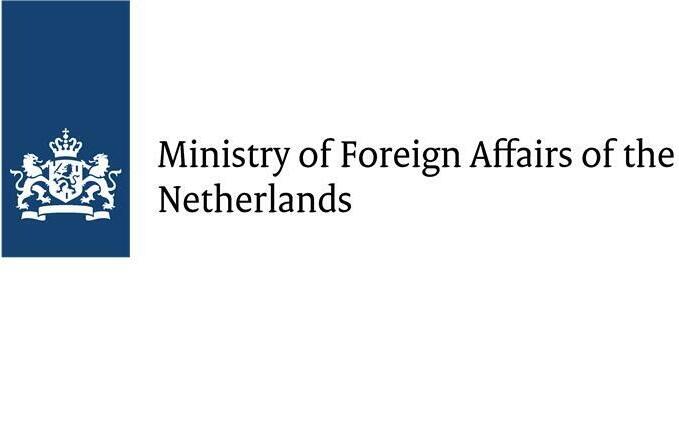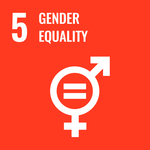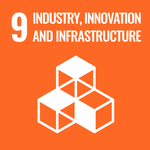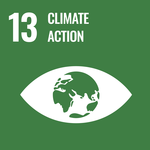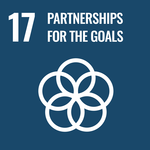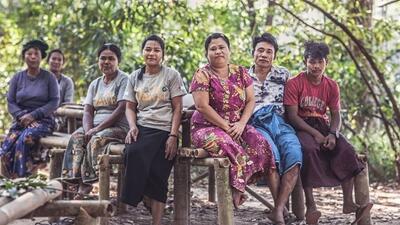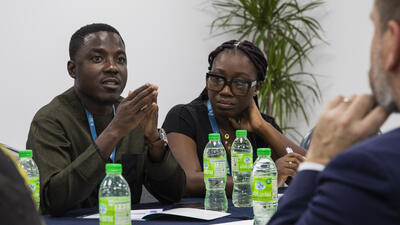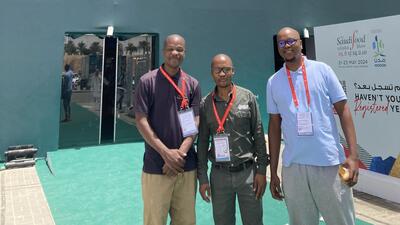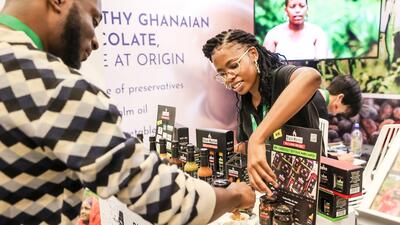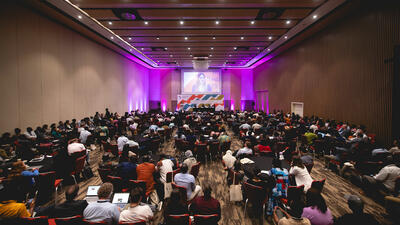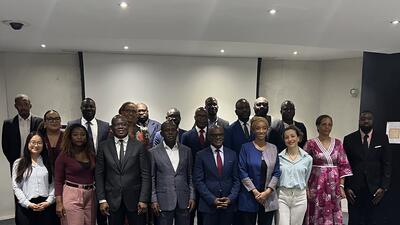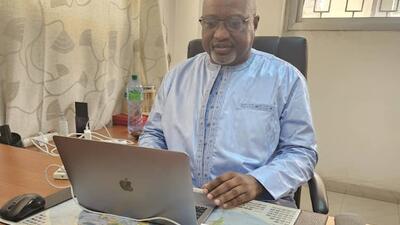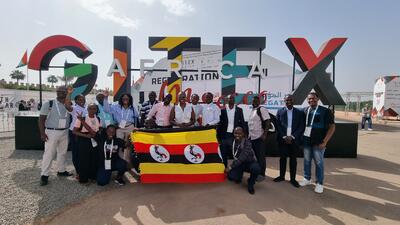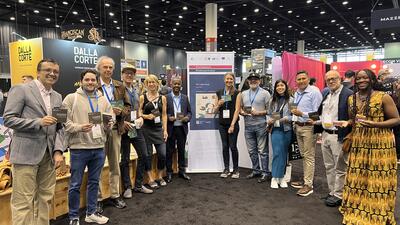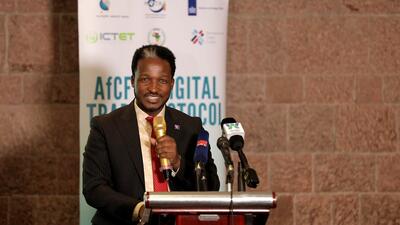
Case study: When tech goes to farm
The ‘four Cs’ – COVID, climate, conflict and cost-of-living – greatly tested small businesses around the world and set back the Sustainable Development Goals. This case study, from the ITC Annual Report 2022, highlights how the International Trade Centre helped entrepreneurs find new ways to prosperity through trade.
The challenge
Ghana’s tech start-ups are working on innovative solutions for cocoa farmers. But the two parts of agritech don’t always get to meet in person.
David Boye-Doku has many ideas about how his digital payments company PayBox can support Ghana’s cocoa farmers: use blockchain to prove the origin of crops, enable digital payments, create a bank in a van to serve rural communities. But until August 2022, he had never actually visited a farm.
That is exactly what ITC’s NTF V programme is pursuing, looking at ways to maximize the benefits of cocoa for everyone from the farmer to the chocolate maker. At the same time, the programme collaborates with tech start-ups hoping to innovate how Ghana does business, with an eye towards reaching overseas.
The solution
The project uses ITC’s Alliances for Action approach to make sure the digital solutions really fit farmers’ needs. This sustainable agribusiness model works from the bottom up to transform food systems through partnerships that are ethical and climate-smart.
Some tech companies that concentrate on agritech work with farmers all the time. Others never have that opportunity. And rarely do leaders from companies across the industry get to meet in person to see first-hand how the entire process works, and understand where the needs are.
To address this gap, NTF V decided to bring tech to the farm. Fourteen companies joined a field trip that took them to distant farms belonging to the Kuapa Kokoo Cocoa Farmers and Marketing Union. With 100,000 members, it is the largest cocoa farmers’ association in the world.
The results
Audrey Darko of Sabon Sake, which works in regenerative agriculture and one of the companies to join the field trip, spends much of her time working with farmers. Some Kuapa Kokoo farmers use her techniques to plant trees and other crops alongside cocoa.
The field trip also involved meeting other stakeholders along the cocoa value chain, including traders and chocolate makers. The visit included a stop at Fairafric, a local chocolate maker that had just received international recognition for its 70% dark chocolate at the prestigious Great Taste Awards in London. The visitors got to see the manufacturing process and taste some of the products, helping them gain an understanding of what goes into making a chocolate bar.
The future
Key in a start-up’s entrepreneurial journey is the concept of product-market fit. By bringing MSMEs in the digital technology and agribusiness sectors together, the rich encounters and discussions that took place from farm to factory enabled the tech start-ups to assess and better understand the digital solutions that the Ghanaian cocoa sector needs. They also introduced farmers and producers to innovative and promising home-grown tech solutions that can contribute to an inclusive and sustainable transformation of the cocoa value chain.







